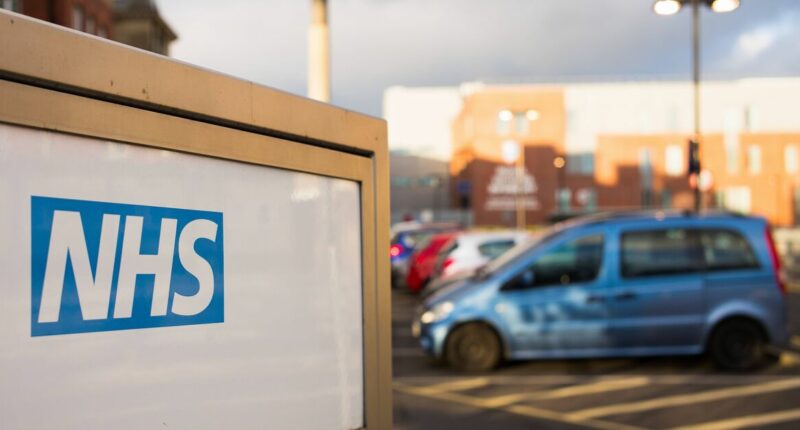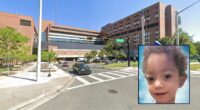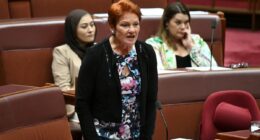Share this @internewscast.com
NHS leaders have sounded the alarm as resident doctors, formerly known as junior doctors, gear up for a five-day strike starting Friday morning, November 14.
Negotiations between the British Medical Association (BMA) and the government have stalled, prompting this industrial action.
In the face of the impending strike, NHS England is advising the public to continue utilizing the 111 service for non-urgent health issues and to call 999 for emergencies. An official statement on NHS England’s X account states: “From Friday and into next week, some NHS services will be affected due to strike action. Please continue to come forward for NHS care.
“If you need urgent medical help, use 111, and if it is a serious or life-threatening emergency, please call 999.”
This strike is the latest event in the ongoing conflict between the BMA and the government, which has already seen 12 strikes to date.
Recently, the BMA rejected Health Secretary Wes Streeting’s new offer, which proposed covering the costs of mandatory exams and membership fees to Royal colleges.
The Health Secretary had also pledged to increase the number of training places at a faster rate than initially planned.
However, Streeting has remained firm on his stance not to negotiate on pay, following nearly 30% in total pay increases for resident doctors over the past three years.
The BMA, on the other hand, contends that despite these pay rises, resident doctors’ salaries are still a fifth lower than they were in 2008, once inflation is factored in.










